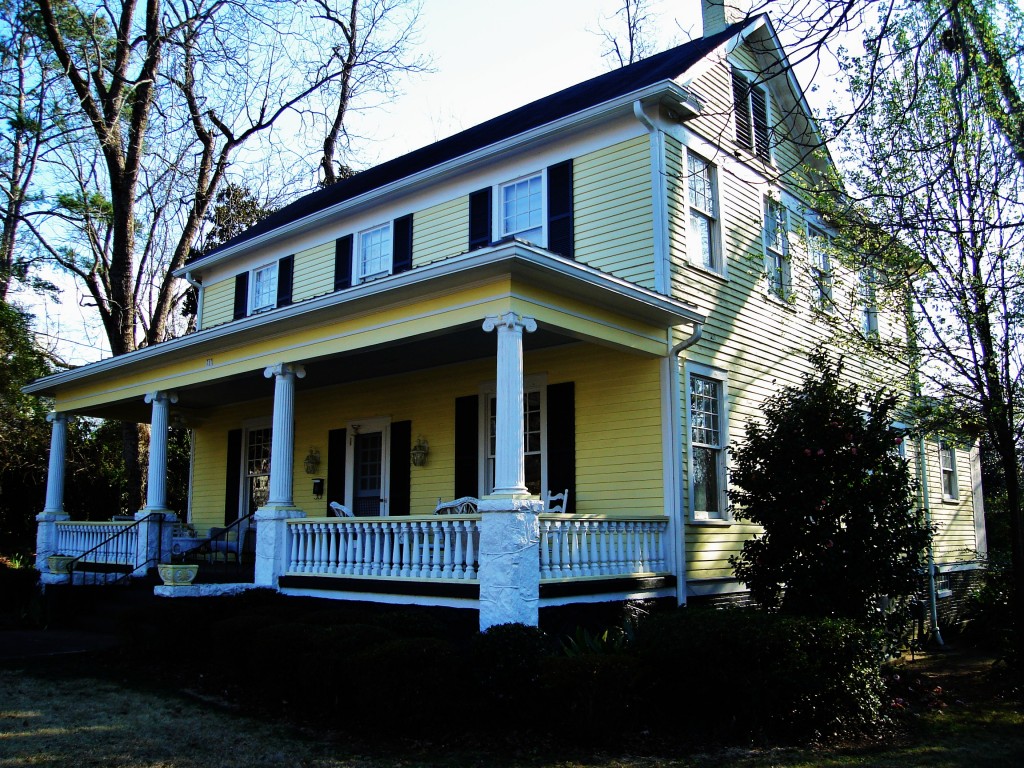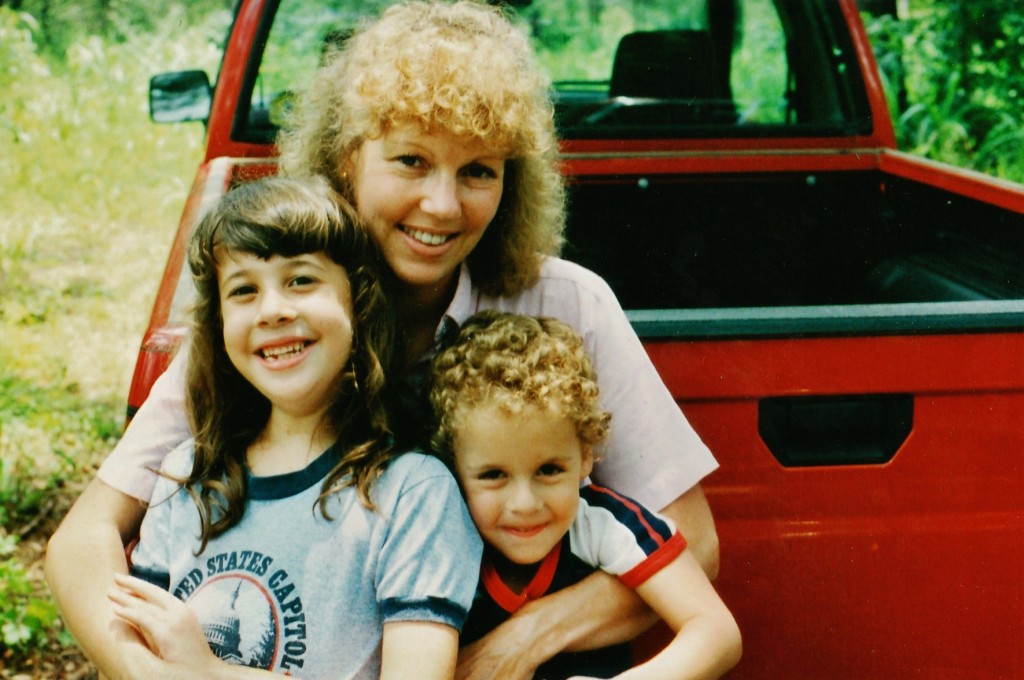Micaceous red clay caked beneath my toenails as I stretched, forcing my weight down—propelling myself skyward, toward the reach of towering long leaf pines.
This is neither our land, nor the families’ before us. It’s the land of the Muskogee Creek. And we, random descendants—a family whose surname dapples papered deeds of colonizers’ past—are, at most, undeserving stewards whose “rights” to this bounty are tenuous and never truly justifiable.
***
Borne from exhaustion and a borderline comical series of unfortunate events in New Mexico, I found myself without a job, and forced from my RV site. Like recognizing a bad dye job, I acknowledged it was time to return to my roots—the clay, the green, the creek carving its way through the land as it’d done long before we skipped stones from its sandy banks.
Outside, six inches of snow covered the ground, the sun slowly damning the powdery clumps to frigid slush. Bertie shuddered awake, the side view mirrors vibrating from the slow rumble rippling beneath the sheet metal siding. JoJo slipped under her blankets and commenced her pre-departure routine of heavy napping.
Ten minutes later, Bertie crept out of the RV park, up the hill I coasted down nearly a year prior when I landed in Santa Fe—and felt the same sense of awe and curiosity and pure, unadulterated fear surge through my veins.
This was not your place. And that’s okay.
At the road, I attempted a U-turn and promptly rolled into the far curb. Quickly recalibrating to driving my 10,000 pound home rather than my sedan, I waved apologetically to passing motorists—whose windshields held an unobstructed view to a homemade sign taped to my back window that read, “Thank you for your patience.”
***
The mechanic’s child stared intently at me, her captive audience; her snuffles punctuated each page turn as she recited the names of the coloring book’s line-drawn characters. Behind her, a candle slowly burned down into a sickly sweet cinnamon-scented layer, barely overpowering the olfactory bouquet of oil and spent rubber.
Beside me, JoJo gazed up, visibly annoyed. Hours prior, I’d limped Bertie off of the interstate into the small Texas garage, and all but begged the mechanic to consider helping my aged, rusting beast of a home get down the road. And eight hours later, we’d entered the costly homestretch.
With my heart in my throat, I continued on through Texas, anticipating every slight bump or shudder to end in Bertie’s mechanical failure. But days later, after weathering storms and traffic snarls and impatient drivers, I rolled from asphalt onto gravel, off the county road: the land, my goal.
***
The next day, I hugged my childhood hair stylist and promised an imminent appointment while attempting to place the patron who sat in her chair—head foil-wrapped, waiting to be streaked. The moment I walked out the door, I recognized her as my former neighbor.
Shortly thereafter, I nearly toppled from my bar-side perch in a hipster-focused coffee shop populating a downtown storefront blocks away from my childhood home.
Easily the oldest person sidled up to the poured concrete countertop, I stared vacuously cow-eyed at the kind barista when he said to pay whatever I felt was appropriate.
“First time here, huh?”
“Not in Opelika. But yes, first time here.” In a coffee shop that didn’t have an early bird special, with current music, where I felt aged like a bottom-shelf wine, far from the glare of an unintended spotlight whilst visiting my estranged grandmother in the same nursing home where my great grandmother died.
My mind wandered as another barista opened a side door, illuminating a small cocktail bar in the space adjacent to the coffee shop. Narrowing my eyes, I attempted to reconcile the crumbling, vacant downtown of my youth with the vibrancy of what lay before me—expecting an unseen director to shout,”YES, that’s it! Confusedly nostalgic!”
***
A brisk breeze cut beneath my jacket and danced across the clover field sprawling before me and my father.
“So, you’re back?”
Less a question and more a pronouncement, the words’ weight didn’t go unnoticed. I paused.
“Yes.”
With another invisible hurdle cleared, we eyed the field and I explained what I intended to do there: the site where I’d begin again.
I exhaled, breathing into the wind a smile I felt forming—the joy and anxiety behind it melding with the squeak from the hinge of our broken childhood seesaw far afield. A short distance away, grassy tufts sprang around tumbled rocks—humble markers for beloved family pets returned to the red earth.
Everywhere a memory: a footnote for life chapters to be written.
A chance for rebirth.


